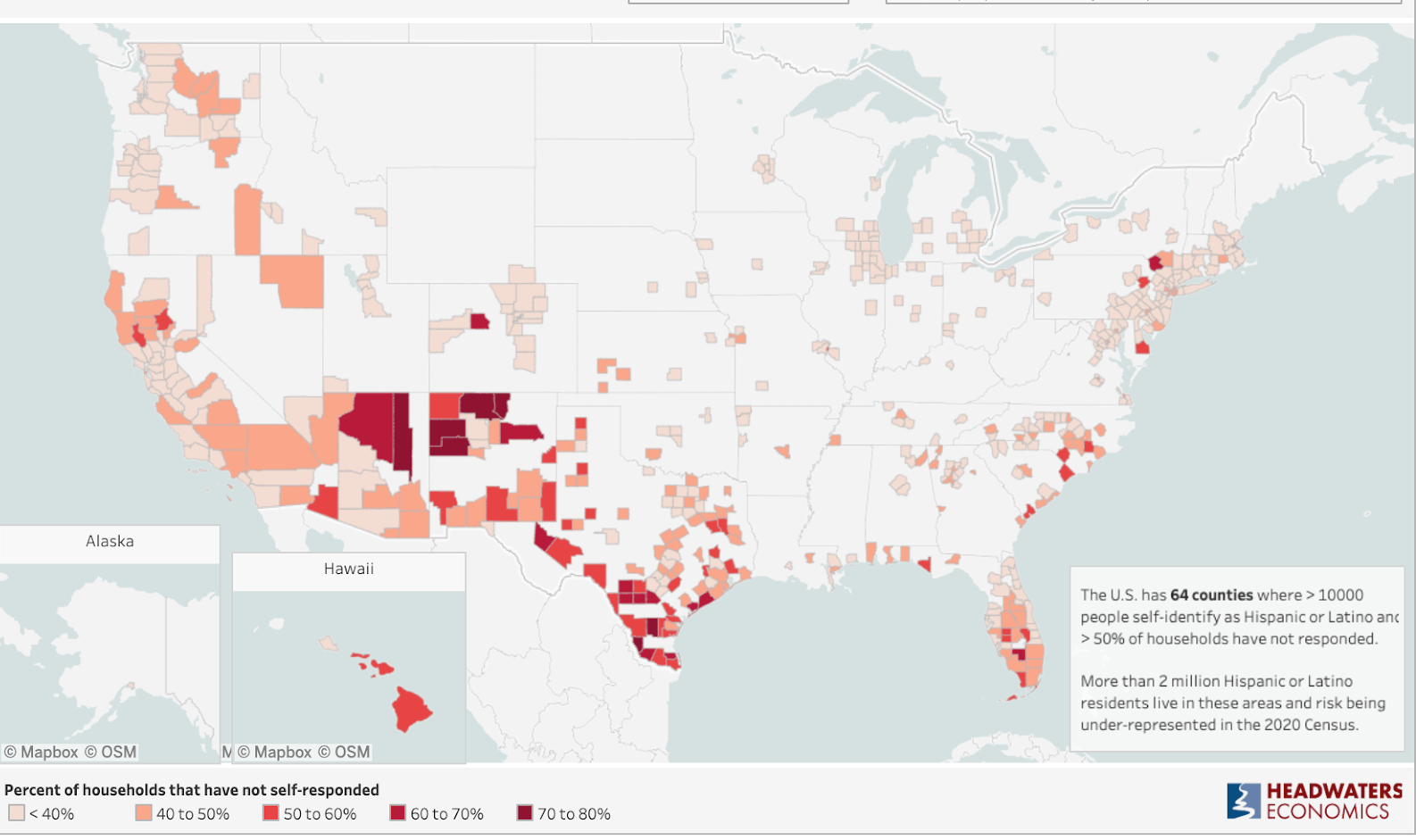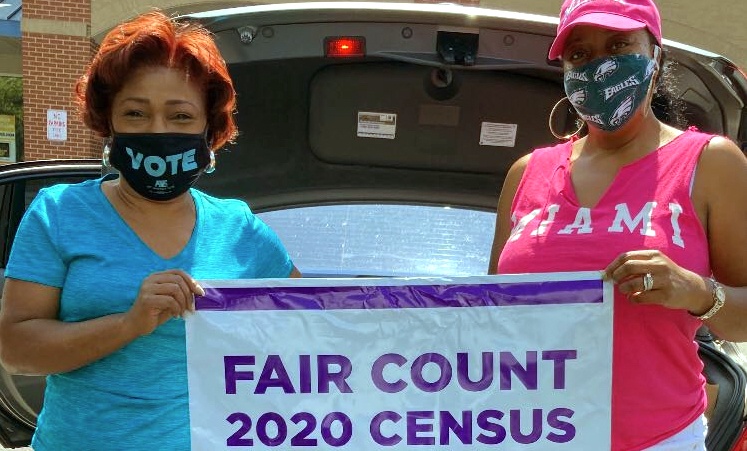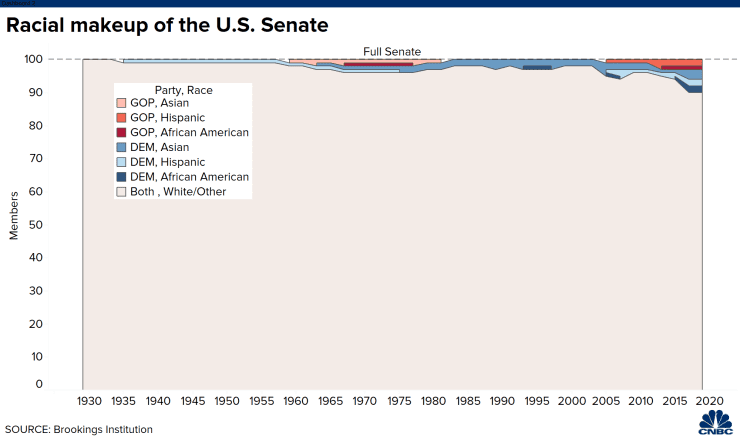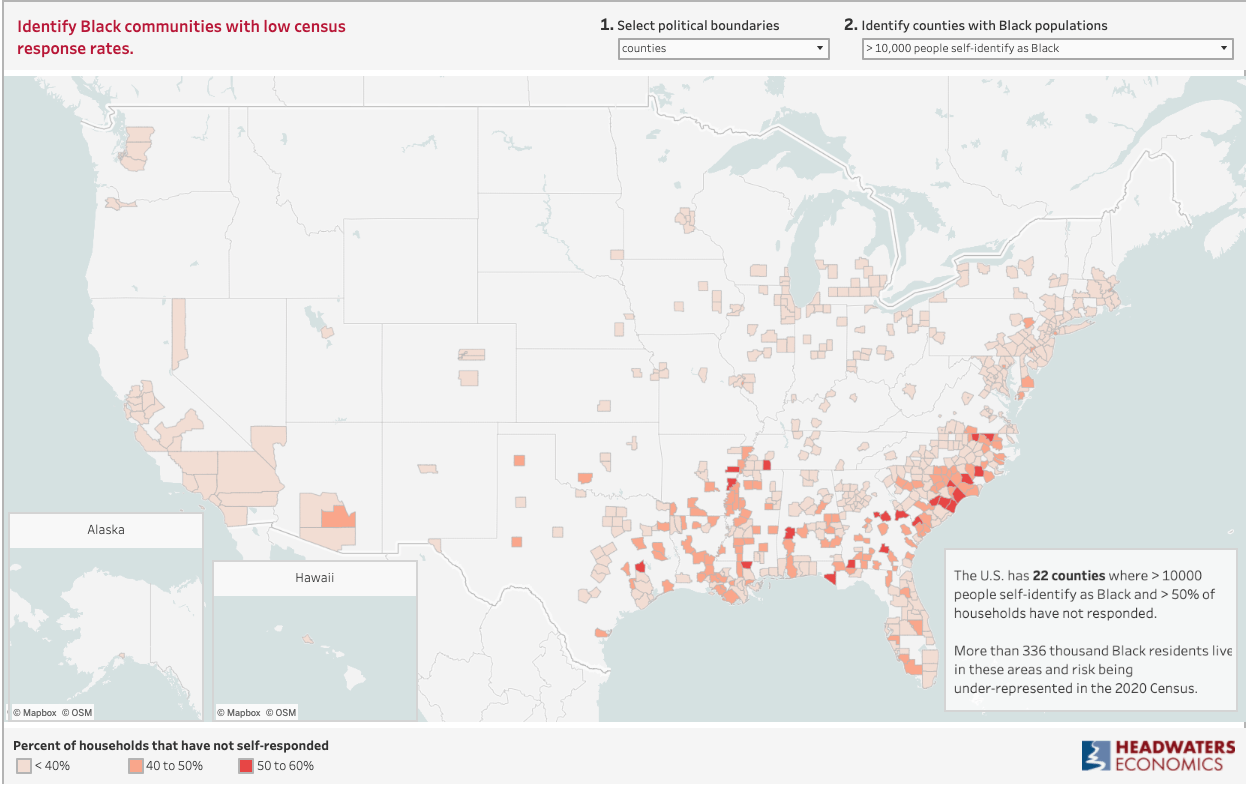The role of data
Political representation and participation is critical for building power and equity for communities of color in the United States. But data shows that elected officials often do not reflect the diversity of the communities they represent—and that systemic barriers to political participation, like voter suppression tactics, disproportionately limit the ability of marginalized people to make their voices heard through politics. Data on representation gaps in politics can show where it’s most critical to invest in candidates of color, and data can also inform where communities of color are most at risk of being left out of the political process in all its forms.
Why it matters
The U.S. is becoming increasingly diverse—yet our political leadership does not reflect the shifting demographics of the country. Data can call attention to the need to prioritize electing candidates of color at all levels of government. Advocacy organizations and policymakers also need data to develop strategies to ensure that people of color are fully included and represented in the political process, from voting to Census participation.
Data in Action
Headwaters Economics: Census response rates in communities of color
Census participation is critical for determining resources for a community and how it is represented in government. Explore these data visualizations from Headwaters Economics to see where communities of color are most at risk for being undercounted in the Census, and what that could mean for equitable representation.
Explore the dataMore datasets to explore on political power
Our advisors recommend the below datasets for exploring diversity in politics, Census representation, voter enfranchisement, and more. Coming soon: These datasets will be shaped and ready for analysis in Tableau.
Have datasets you would like added to this list, or prioritized for workability in Tableau? Visit the dedicated Tableau Community Forum to suggest.
This platform makes data on the race/ethnicity and gender of elected officials available for analysis, and compares it with the overall demographics of the region they represent. The data can be analyzed on the site, or downloaded as a full dataset.
These datasets from the U.S. Census show trends in voter participation dating back to 1964, and offer demographic breakdowns by race, educational attainment, and labor-force participation.
This data (accessible by PDF) delves into state-level restrictions on felony enfranchisement, and breaks the data down by race to show how these measures disproportionately affect Black Americans.
These data from the U.S. Census Bureau show response rates for the decennial census, mapped to current census geographies. Overlaying these data with demographic data from the American Community Survey can provide insight into where communities of color are undercounted.
Learn more about race, political power and data in the US

The risk of Census underrepresentation
The Census is critical for political representation and funding, but it doesn’t always accurately reflect communities of color. Headwaters Economics delves into solutions.

The push for a fair Census count
How Tableau Foundation grantee Fair Count is building a movement for accurate Census representation of people of color in Georgia.

Measuring the lack of diversity in politics
CNBC visualizes data from Brookings Institutions demonstrating lack of diversity in both the House and the Senate, and exploring trends over history.
Questions? Feedback?
The Racial Equity Data Hub, hosted by Tableau Foundation, is a work in progress. Your feedback is welcome as the Hub continues to evolve. Visit the dedicated Tableau Community Forum to offer feedback, ask questions, and meet others interested in working with data for racial equity and justice.

